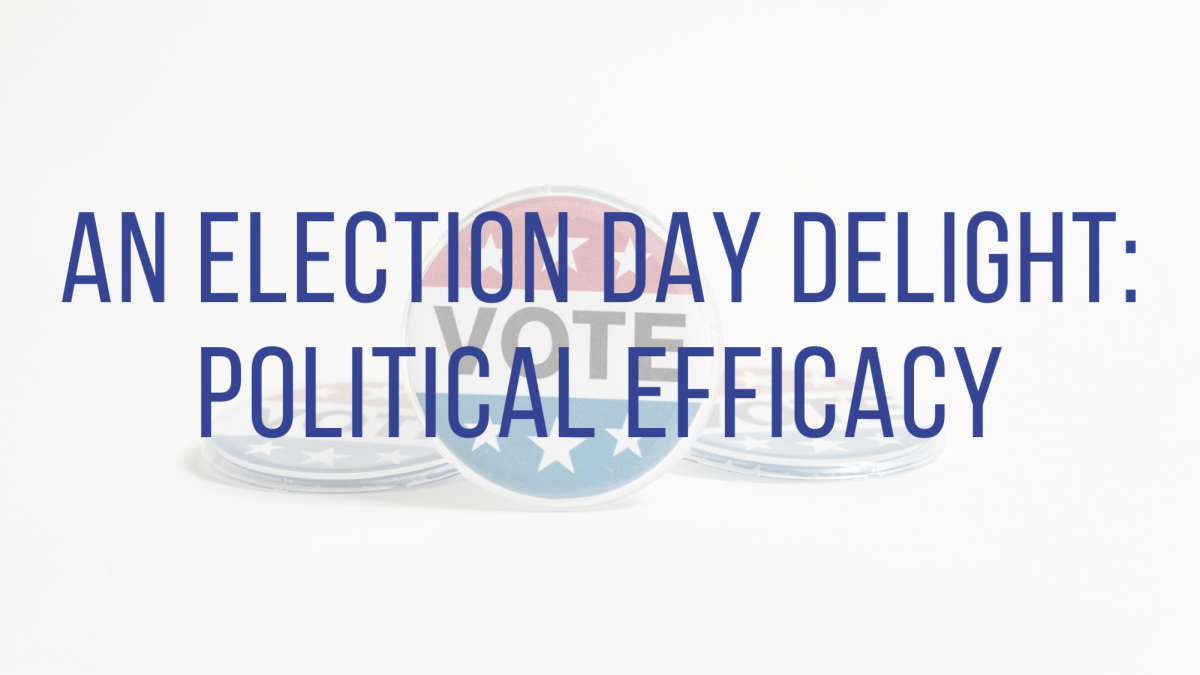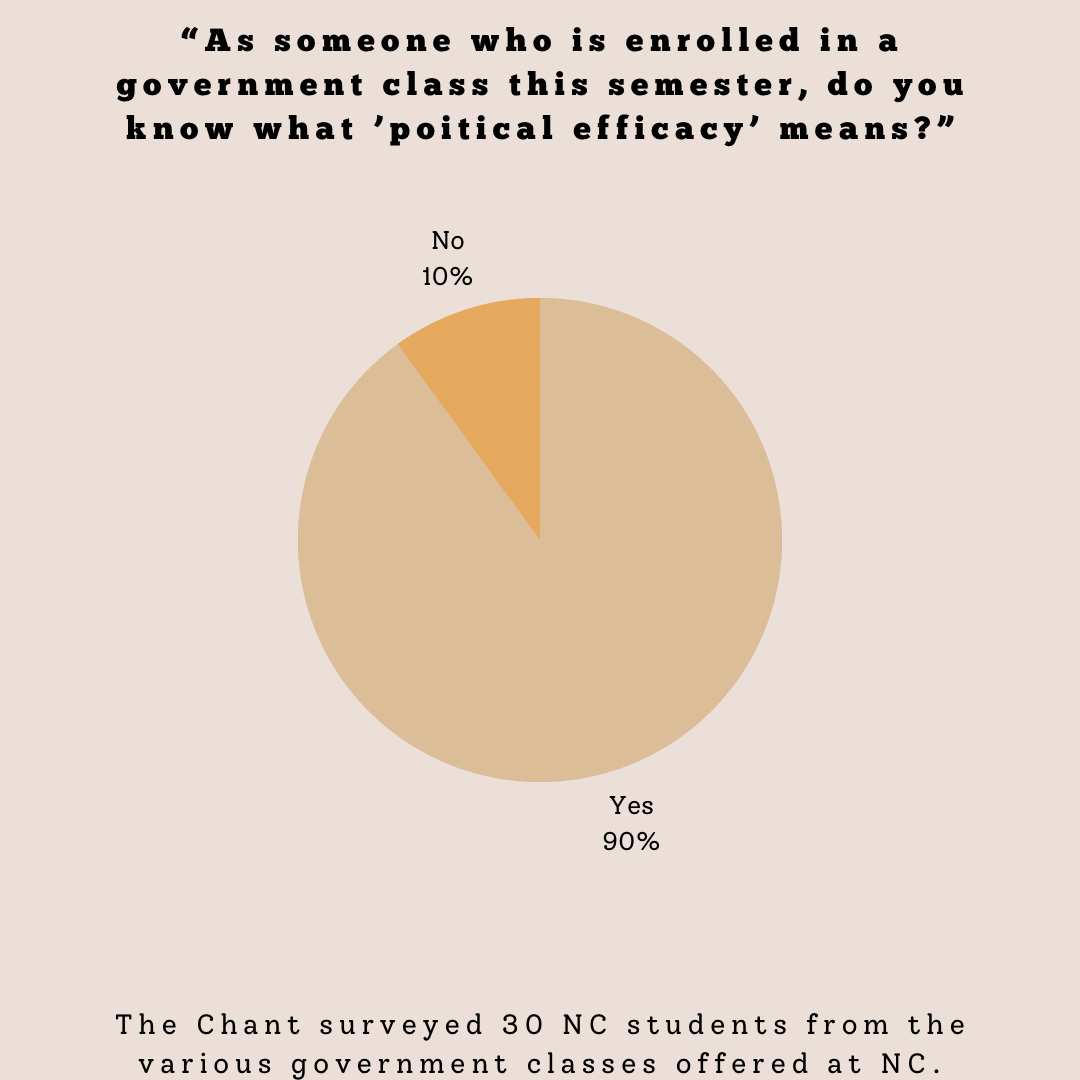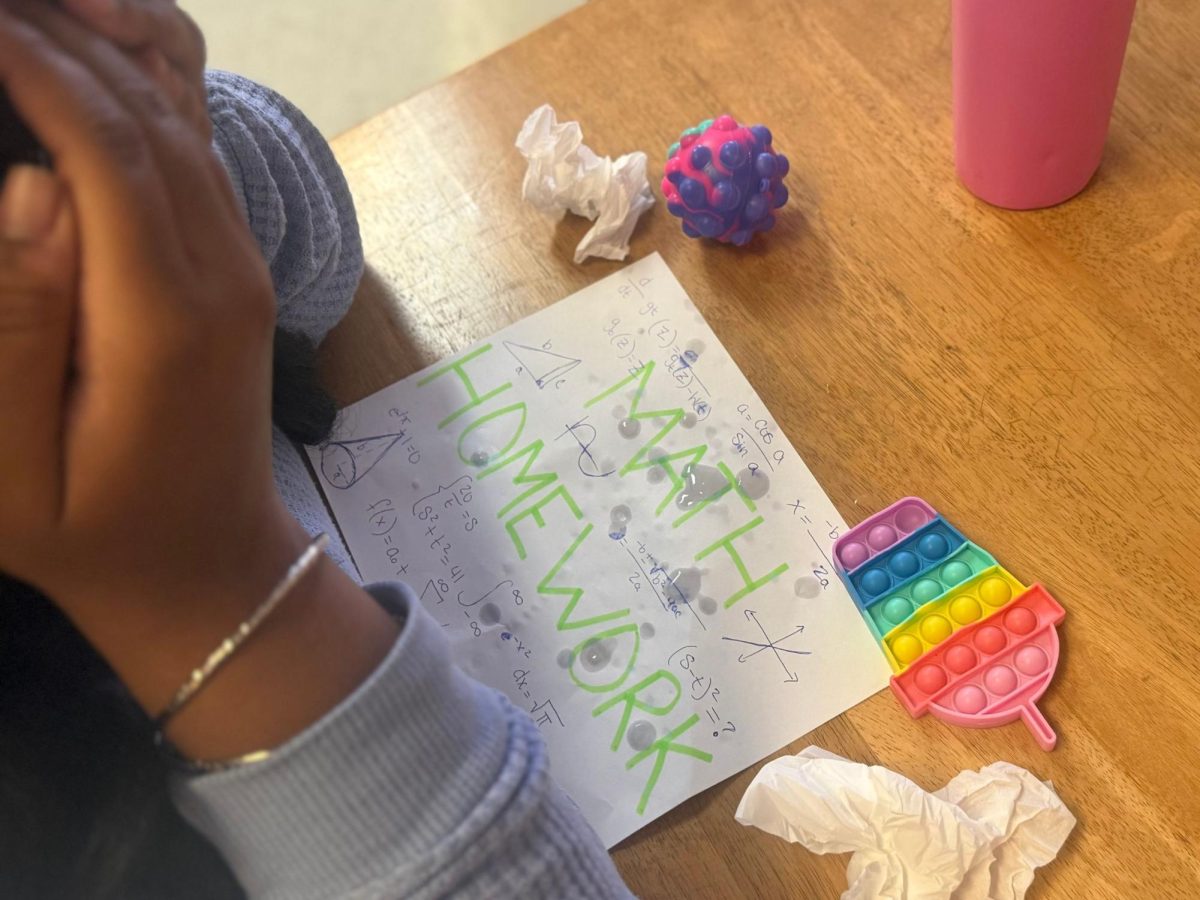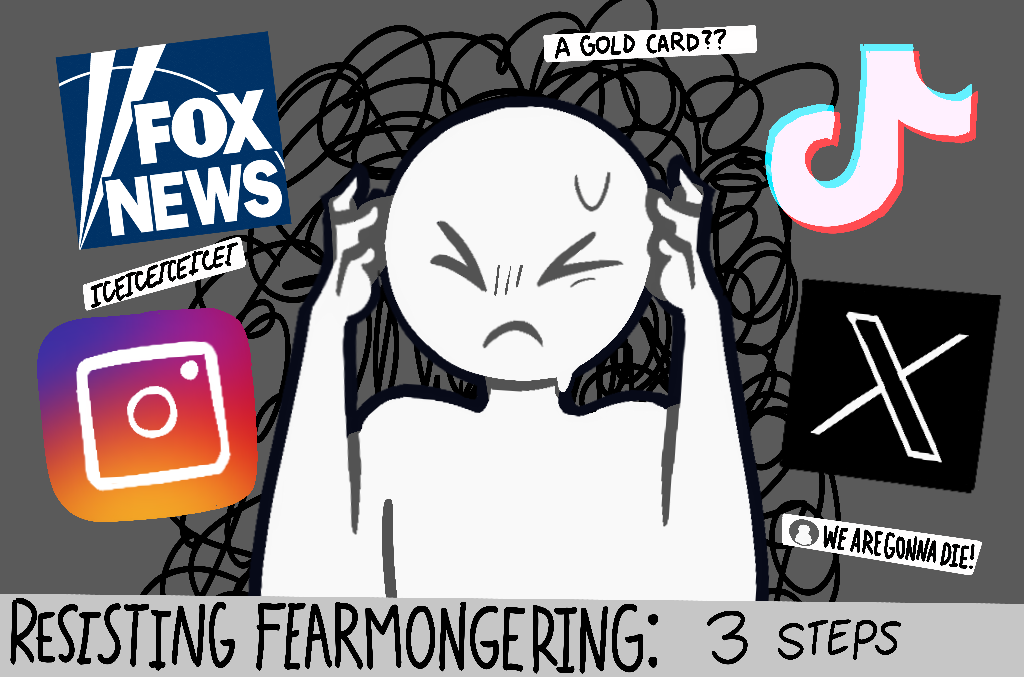Since the nation’s beginning, founding fathers such as Federalists Alexander Hamilton and James Madison have expressed the need for the right to vote. The colonists fought for it, racial minorities protested for it and women demanded it, but the younger generations seem to disregard the right handed to them. Nevertheless, a question arises: What’s to blame: teenage ignorance or the lack of civic education?
Political efficacy: the likelihood of younger generations knowing what the term means remains low, but the probability of them demonstrating political efficacy remains even lower. The term, popularized by political scientists at the University of Michigan, refers to a citizen’s attitude and confidence about his or her vote’s impact on elections. As the Silent Generation and the Baby Boomers progress in age and Generation Z becomes of age to vote, the fact that younger generations lack political efficacy has raised concerns about the future of the United States.
“My AP Government class has opened my eyes to politics. [Before taking the class] I had always strayed away from getting involved. I now understand how important it is to vote and how to vote in strategic ways to know that your vote counts,” senior AP U.S. Government and politics student Holly Stallings said.
Fortunately, schools like NC have taken steps to not only increase students’ awareness of political efficacy but also spread it amongst the student body. Every student who wishes to graduate from NC must take and pass a government class. Whether abiding by the College Board’s Advanced Placement (AP) U.S. Government and Politics or Georgia’s government educational standards, all students receive information regarding political parties, the bicameral legislature and elections. Given students typically take a complete course during their senior year, preparing students about government and learning about political efficacy prepares and encourages students to participate in voting.
Of course, those in the youth population who understand political efficacy’s importance will face barriers and obstacles while attempting to exert their right to vote. All states hold their residency requirements for voting registration, and as high school seniors—typically 17 and 18-year-olds—select their colleges, they may choose to move out of state. States typically allow college students to choose if their votes count in the home state or the institution’s state, but out-of-state students who have not met their state’s residency requirements may feel less inclined to vote in their home states’ state and local elections if they no longer reside there. As a result, out-of-state students do not exercise their right to vote.
Given that Election Day occurs today, November 7, 2023, local 18-year-olds who have registered to vote will make their way to the polls to cast their votes. For any upcoming elections, Georgia’s 17-and-a-half-year-olds can register to vote and participate most commonly and importantly provided to Americans: voting. With the 2024 presidential election on the rise, voters will decide the Republican candidate that currently remains up in the air due to former President Republican candidate Donald J. Trump’s trials. For every new and young vote on the ballot, Georgia takes a step further toward a youth population full of political efficacy.
“I would let people who are about to vote know to really research the candidates and find who you want to vote for ahead of time. Unfortunately, I made the mistake of not doing that. Election Day has snuck up on me and now I’m not super educated on the candidates,” Stallings said.


















